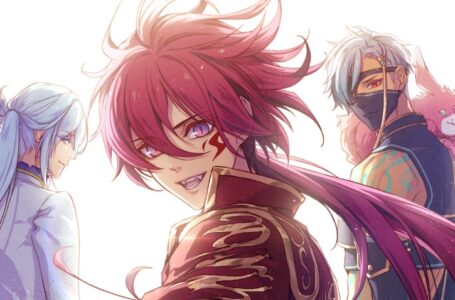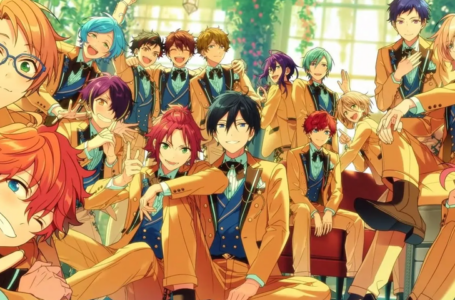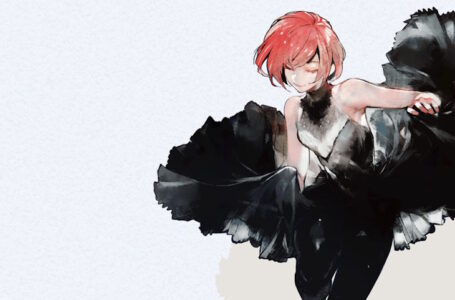J-dramas and otome games have more in common than you might think
I enjoy thinking back on where the roots of my current obsessions developed, and after having reminisced about J-drama Hana Yori Dango recently, the ol’ gears really started turning. Was there actually a connection between my love of J-dramas and otome games?
For starters, I find myself continually watching back the very catchy openings of both J-dramas and otome games, but when we dig deeper into the similarities between the two forms of media in terms of themes, staples and overall sense of structure, there are some unexpectedly neat comparisons and parallels to be found.
I want to explore exactly how growing up with J-dramas shaped my interest in otomes as an adult — and why I cherish them to this very day for influencing the preferences I have for the hobby I now give the majority of my time, energy and attention to. Maybe it’s not just me who feels this way!
Favourite actors of screen and speaker
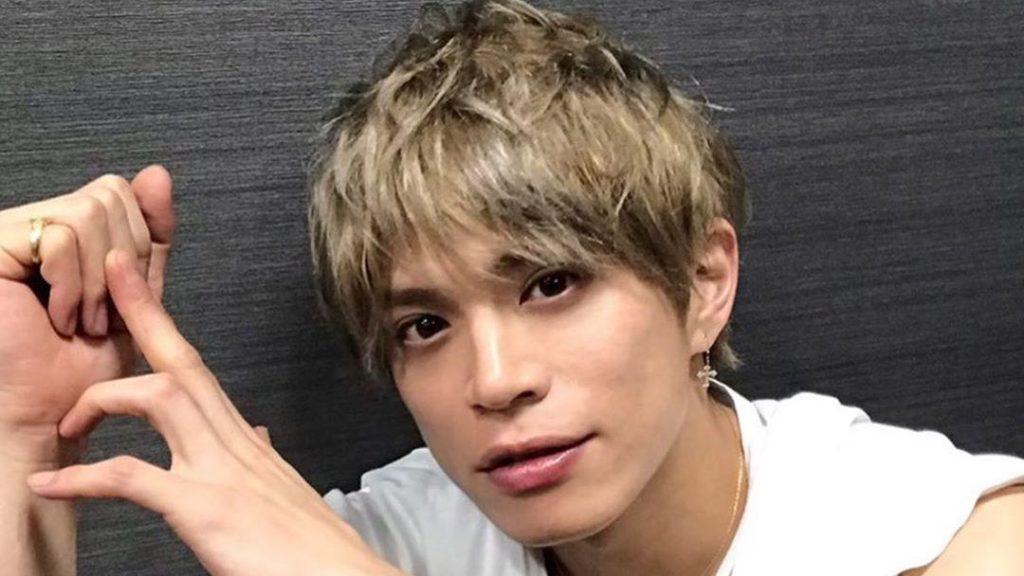
Otome games have staple aspects many players use as major reasons as to why they might take an interest in a particular title over others. Preferences in storylines, art designs, characters, settings, developers and suchlike are all basic pieces of information we consider about any video game, but there is another predominant feature that is sometimes extremely integral to deciding on which otome game to play: the voice actors present in the cast.
Around the early 2000s, certain names tended to consistently pop up as the cream of the crop in J-dramas, including Hiro Mizushima, Shun Oguri, and Toma Ikuta — there was no exaggeration when I said Hana-Kimi was an incredibly significant release, considering how it threw all these actors straight into the limelight.
For me personally, any show that featured Yusuke Yamamoto in it, even as a supporting character, went straight onto my watch list. You know, Toshiyuki Saejima in Great Teacher Onizuka’s live adaptation?
Yamamoto appeared in many notable roles, including Ryu Yamada in the live drama adaptation of Yamada and the Seven Witches, Azuma Wataru in the sports show adapted from the manga Tumbling, plus plenty of other notable side characters like Taiki Kayashima in Hana-Kimi and Masaru Ōkura in Atashinchi no Danshi. He even starred as Tamaki Suoh in Ouran High School Host Club’s live drama adaptation? Even better.
Yamamoto is a charming actor capable of conveying a wide variety of different characters, showcasing his versatility. He never sticks to one type of character, always strikes gold in his comedic delivery, and never fails to put across an impressive sense of emotion and depth for his more sympathetic portrayals.
It’s even hard to deny that his one and only role as a villain in Sadako 3D was one of his very best appearances; his on-screen presence oozed with tension, and his convincing portrayal made audiences uncomfortable with this unexpected new side to his acting.
I watched pretty much all of these shows simply because Yamamoto appeared in them — and it’s no different for me now as an adult otome game fan. If Junichi Suwabe and Showtaro Morikubo are listed in the cast of a new game, then it’s a no-brainer of a purchase for me. It seems the habit of picking things to enjoy based on their cast members has stayed with me into adulthood, then. But what about the stories?
A journey of maturity
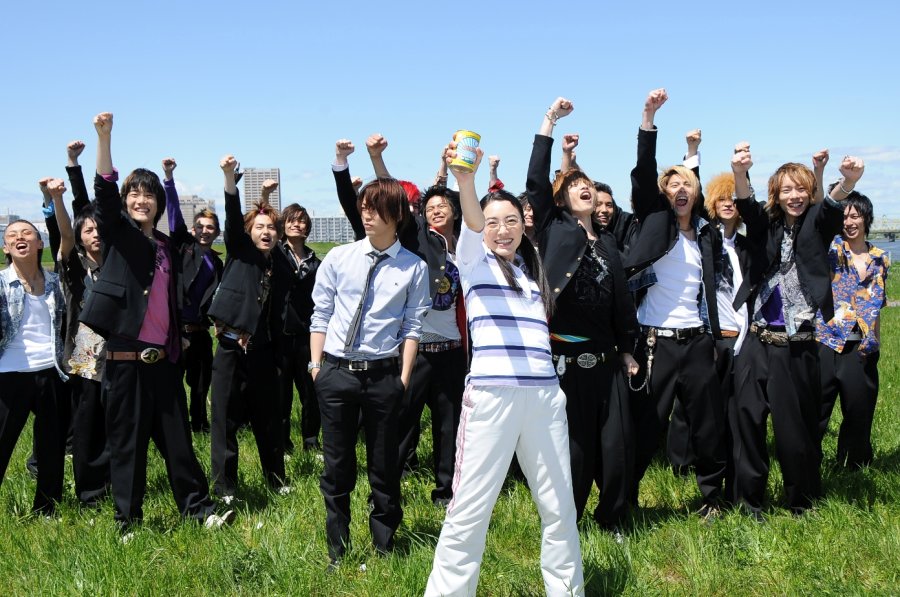
Besides prioritising J-dramas that featured favourite actors, I picked a lot of J-dramas to watch based on finding comfort in their settings — particularly those that seemed to provide a similar situation to my own at the time.
My favourite shows were almost always set within school premises, and provided me with a more comfortable experience with education than I had in reality. In real life, my experiences with bullying squandered most of my motivation, but seeing female leads in J-dramas thriving in the school environment reminded me that I was not alone — and that I could tackle the same issues these characters were confronted with and ultimately grew from.
Well, an exception to that rule was if the show featured the talents of certain musicians I found hard to turn away from; for example, Gackt was the only reason I watched Mr. Brain (which ended up being an unexpectedly fantastic show), and the trippy Akumu-Chan. In the latter case, his lab coat-clad, bespectacled, brainy character is endearingly juxtaposed with the main character dreaming of him as her knight in shining armour. It was quite imaginative and funny for what it did as far, so far as story and production went.
But those cases aside, each J-drama I tuned in for was almost always set in a high school educational setting. Shows such as Gokusen provided a female analogue to Great Teacher Onizuka; I was immediately captivated by this show for how its main character appeared unconventionally attractive but also managed to be a valid role model. She had a strong personality and the inner strength to deliver her teachings to a class full of male delinquents. Both Gokusen and Great Teacher Onizuka are some of my top recommendations for funny J-dramas — and their life lessons complemented their fun sides well.
While I enjoyed the odd tearjerker show here and there — Beautiful Life and 1 Litre of Tears gave me some particularly good life lessons — the predominantly school-based settings of shows such as Hana-Kimi and Hana Yori Dango are the ones that stayed with me as I grew up, and what ultimately influenced my interest in otomes. 16 year old me caught a glimpse of NTT Solmare’s Wizardess Heart on mobile devices — a game about romancing wizards-in-training in a Hogwarts-style setting. Of course I was always going to sign up for that!
My preference for educational settings have followed me into adulthood, where these shows are now extremely nostalgic to me, and works that I acknowledge as key contributors to my current tastes. But these days I also want to explore the more mature takes on such genres: Cupid Parasite allows me to explore similar reverse harem premises but through the eyes of an adult, career-driven woman (who just happens to be the one and only Cupid), for example. This sort of thing is much more intriguing to me at my current age, with the story and characters appealing to my preferences on a relatable, emotional level — particularly through that older, working heroine.
I feel like I’ve grown out of many classic J-dramas now, but the comforting experiences they provided during such an important, developmental period of my life were immensely valuable. Now, as I grow older, I’m looking for more works that I can relate to, featuring adult responsibilities, workplace dramas and the idea of grappling with mortality.
Here’s your friendly reminder to watch Crazy For Me if you’re in the same boat.
We love headstrong heroines
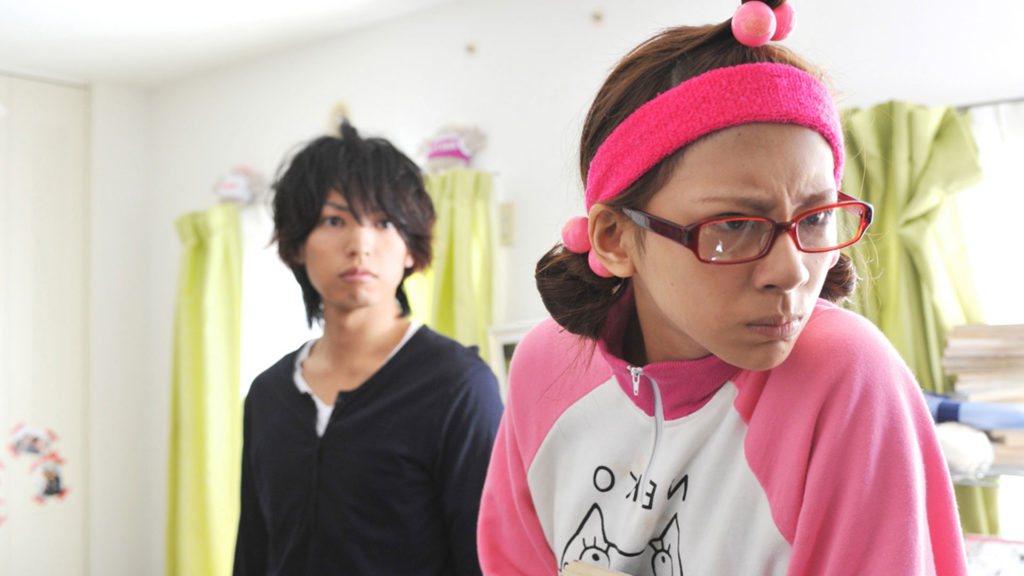
To return to the topic of Gokusen, J-dramas of this calibre and storyline tend to have an appealing main character: a leading lady who shows plenty of positive, impressive attributes that young female viewers can learn from.
We’ve previously discussed what makes an otome heroine a good role model, and J-dramas are where I formulated what I would come to expect from a strong female lead as I grew up, since I was watching them at my most impressionable age.
Makino from Hana Yori Dango remains one of my primary, go-to examples of this, because she confronts a variety of adversaries due to her looks, financial status, and for simply being an unexpected charmer. The way in which she gets along with the main boy group brings her an onslaught of unwanted conflict, but she balances remarkable traits, being kind and brave, both for the sake of herself and for those she cares about. As we talked about in my Hana Yori Dango piece, it’s understandable that viewers labelled her a Mary Sue, but she always had the odds stacked against her; the primary message she delivered was that we should never back down.
Hana Yori Dango is not the only one to present a leading lady we can learn from and appreciate. In both The Wallflower and Switch Girl!!, we see female leads actively learn to appreciate themselves for being unapologetically themselves, even if it’s because they are actually quite the geek underneath their façade, or because they are shy and have peculiar interests and behaviour. Such J-dramas emphasise positive themes that are as relevant now as when we first saw them in the early 2010s: through our unique traits, and both our strengths and weaknesses, we deserve to love ourselves and be loved.
It’s timeless themes like these that stay with you for years due to their lasting impact and worth of being retold again and again. And it’s themes like this we frequently see explored through the strongest heroines in the otome sector.
The most charismatic actors in supporting roles
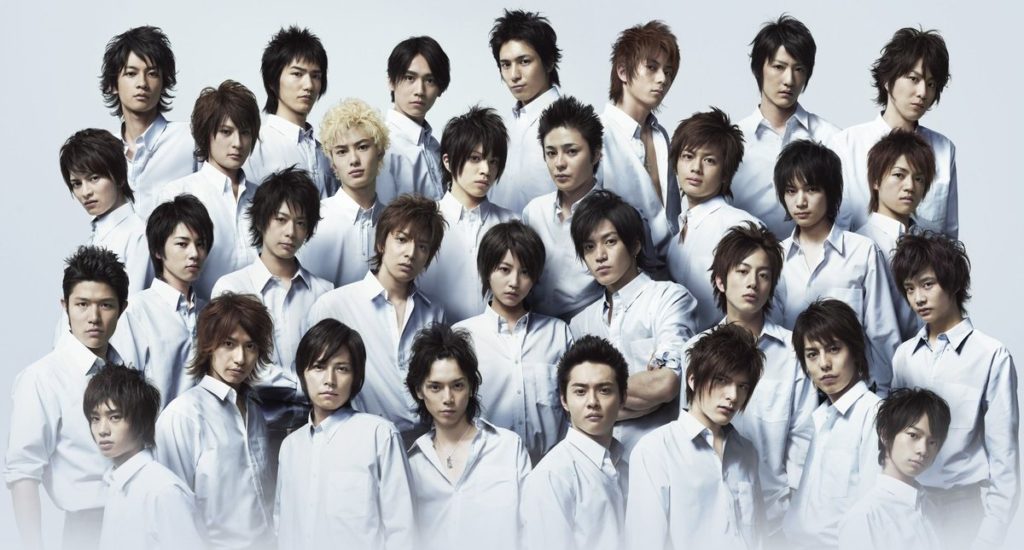
Here it is: my main reason for loving the typical set-up of otome games with their reverse harem settings. The prospect of a large net of potential romantic pairings in a reverse harem plotline provides a tempting proposition — and an idealised situation for anyone who has fantasised about such things. But there’s a lot more to it than just that.
The dynamics of such a situation allows for a “family” of sorts to be established and explored, and that kind of situation tends to provide the majority of what we experience with any given J-drama. The relationships between the characters are continuously developing from strangers to friends and sometimes beyond — with the leading lady tending to hook up with the one and only obvious romantic candidate. All this plays out as a comforting portrayal of how positive relationships can develop as the female lead connects with all the supporting cast — though it’s not always a happy atmosphere or environment. Here’s your friendly reminder that Diabolik Lovers exists… but more on that another day.
Ultimately, the premise is to provide the viewer with the ability to play fantasy matchmaker with the cast — and otomes provide the opportunity to actively do that through our own actions and choices. One of the main reasons I enjoyed J-dramas was contemplating who the main character “should” end up with, rather than who they were inevitably going to end up with. The poster boys of otome games and the main love interests of J-dramas almost always end up being second best to their more interesting and enjoyable love rivals.
For example, I am only one of countless others who wanted to see a romantic relationship between Hana-Kimi’s Mizuki and Shuichi, a ship that will forever stand the test of time due to their on-screen chemistry between the actors, and compatibility.
From that single wish, I discovered that that’s exactly what otomes are all about — you can pursue that fantasy ship rather than being locked into a single path you might not agree with — and I haven’t looked back since.
Join The Discussion
Rice Digital Discord
Rice Digital Twitter
Rice Digital Facebook
Or write us a letter for the Rice Digital Friday Letters Page by clicking here!
Disclosure: Some links in this article may be affiliate links, which means we may earn a small commission if you make a purchase after clicking on them. This is at no additional cost to you and helps support Rice Digital!
- Sigh of the Abyss: Shadow Bonds – Prologue Review - October 7, 2023
- Is She The Wolf? is wickedly addicting TV - October 6, 2023
- The steady consumption of Slow Damage - October 5, 2023




